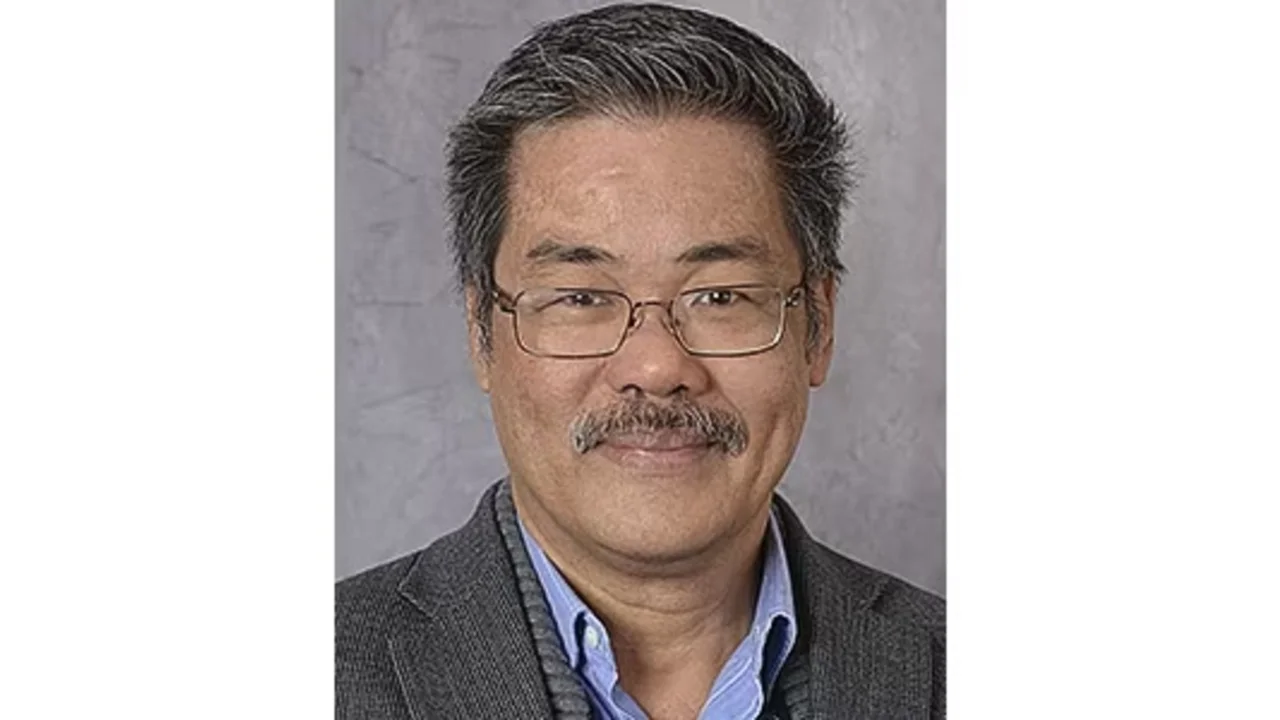
Truth, Knowledge, P-Values, Bayes, & Inductive Inference
The talk will concern the role of statistical thinking in the search for Truth. This will bring us to a discussion of P-values, which has been, and still is, a central concept in Statistics and is a critical and highly controversial tool of scientific research. Recently it has elicited much, sometimes heated, debates and discussions. The American Statistical Association (ASA) was even compelled to release an official statement in early March 2016 regarding this issue, and a psychology journal gone to the extreme of banning the use of P-values in articles appearing in its journal!
Overview
Abstract
The talk will concern the role of statistical thinking in the search for Truth. This will bring us to a discussion of P-values, which has been, and still is, a central concept in Statistics and is a critical and highly controversial tool of scientific research. Recently it has elicited much, sometimes heated, debates and discussions. The American Statistical Association (ASA) was even compelled to release an official statement in early March 2016 regarding this issue, and a psychology journal gone to the extreme of banning the use of P-values in articles appearing in its journal! This debate has also been in relation to important issues of reproducibility in scientific research. In fact, this debate goes to the core of inductive inference and the different schools of thought (significance testing approach, Neyman- Pearson paradigm, Bayesian approach, etc.) on how inductive inference (that is, the process of discovering the Truth) should be done. In this talk I will delve into these issues and to offer some viewpoints on whether P-values should be relegated to the dustbin of history or whether it will be there to stay as a tool of scientific investigations. In particular, I will touch on the representation of knowledge and its updating based on observations, and ask the question: “When given the P-value, what does it provide in the context of the updated knowledge of the phenomenon under consideration?” I will also contrast this p-value based approach to the Bayesian approach to inductive inference.
Brief Biography
Dr. Edsel A. Peña is currently Professor in the Department of Statistics at the University of South Carolina. He obtained his PhD from Florida State University in 1986. He has also taught at the University of the Philippines at Los Banos, Florida State University, Bowling Green State University in Ohio, and the University of Michigan. His research expertise is in time-to-event data, including survival and recurrent event data, reliability and engineering applications, multiple testing and simultaneous inference, model validation, decision theory, Bayesian analysis and nonparametric statistics. He has published over 100 peer-reviewed articles in top tier statistics and interdisciplinary journals. He has been successful in acquiring research funding from NSF and NIH, including serving as Director of the Biometry Core of the NIH-supported University of South Carolina Center for Colon Cancer Research. He has served as associate editor for multiple statistics journals, has served on review panels for the NSF and NIH, and has chaired the Noether Award Committee for the American Statistical Association (ASA), as well as occupied positions in other sections of the ASA (Risk Analysis Section and the Nonparametric Section). He has garnered teaching and research awards at Bowling Green State University and the University of South Carolina. He is a Fellow of the American Statistical Association and an Elected Member of the International Statistical Institute (ISI). He is currently the Executive Secretary of the Institute of Mathematical Statistics (IMS).
Refreshments: Light refreshments will be served around 15:45